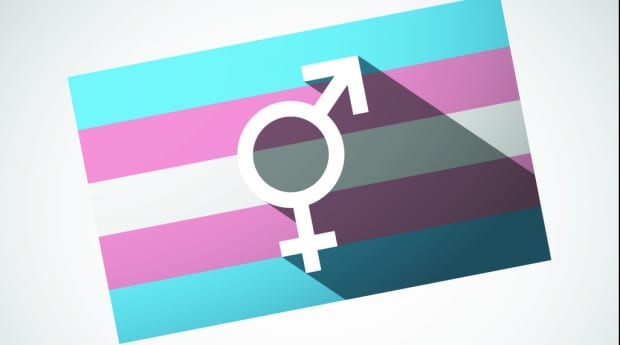Trans students at the University of Toronto’s Mississauga campus are organizing and pushing for more support.
The Trans Emergency Caucus, a new group focusing on helping trans, intersex and non-binary folk at the university and in the broader Peel region, made a number of demands before a planned speech by Mariela Castro on Nov 19, 2015.
Castro, who is the head of the Cuban National Centre for Sex Education and the daughter of Cuban President Raúl Castro, was invited to speak for an event that commemorated the Transgender Day of Remembrance. This upset many people in UTM’s trans community because it was organized without their input.
“We have literally galvanized in response to this event,” says Rosa Hernandez, a UTM student and one of the founders of the Trans Emergency Caucus.
They were also concerned because they felt the university was crowding out the voices of trans people by having a cisgender woman speaking at an event that was specifically marketed to tie in with Transgender Day of Remembrance.
After expressing their concerns to the university and stating they planned to protest the event, two students from the Trans Emergency Caucus were invited to address the lecture theatre before Castro spoke.
Hernandez and Jasbina Justice used the opportunity to issue a number of demands to the university.
They asked for a permanent drop-in space for trans students, a $200-a-month honorarium to operate the space, a $10,000 annual fund for community building and programming, trans-specific resources for sexual assault survivors and sex workers and a formal inquiry into the policies of the health and counselling centre on campus.
They also demanded that gender-neutral bathrooms be set-up on every floor of all buildings on campus. The building where the event took place did not have any gender-neutral bathrooms.
Hernandez and Justice asked the university to make a commitment to have these demands instituted by April 2016.
“I think our demands are really reasonable,” says Justice, who uses the pronoun they.
While the policies are aimed at getting the university to change, Justice hopes to use these resources to also help the trans community in Peel.
“There’s a small and enduring [community] at UTM,” they say. “But it’s always been very well established to me that in Peel, there’s been a lack of resources, for trans folks, for non-binary folks, for inter-sex folks.”
Hernandez argues that what they’re asking from the university is very reasonable.
“Together, our demands would, if you’re generous, cost the university $40,000,” she says. “Given the amount of resources they have, we’re asking for a pittance. But we have to fight for our pittance.”
Hernandez also argues that their demands are the minimum the university could do to support trans, intersex and non-binary students. She says that hiring a trans facilitator or a trans professor would also be steps in the right direction.
For the Transgender Day of Remembrance, Justice hopes that university officials will talk to and engage with UTM’s trans community.
“We’re not just some speciality group that comes out once a year,” they say. “We’re always there. We’re always struggling. We’re always fighting.”

 Why you can trust Xtra
Why you can trust Xtra


